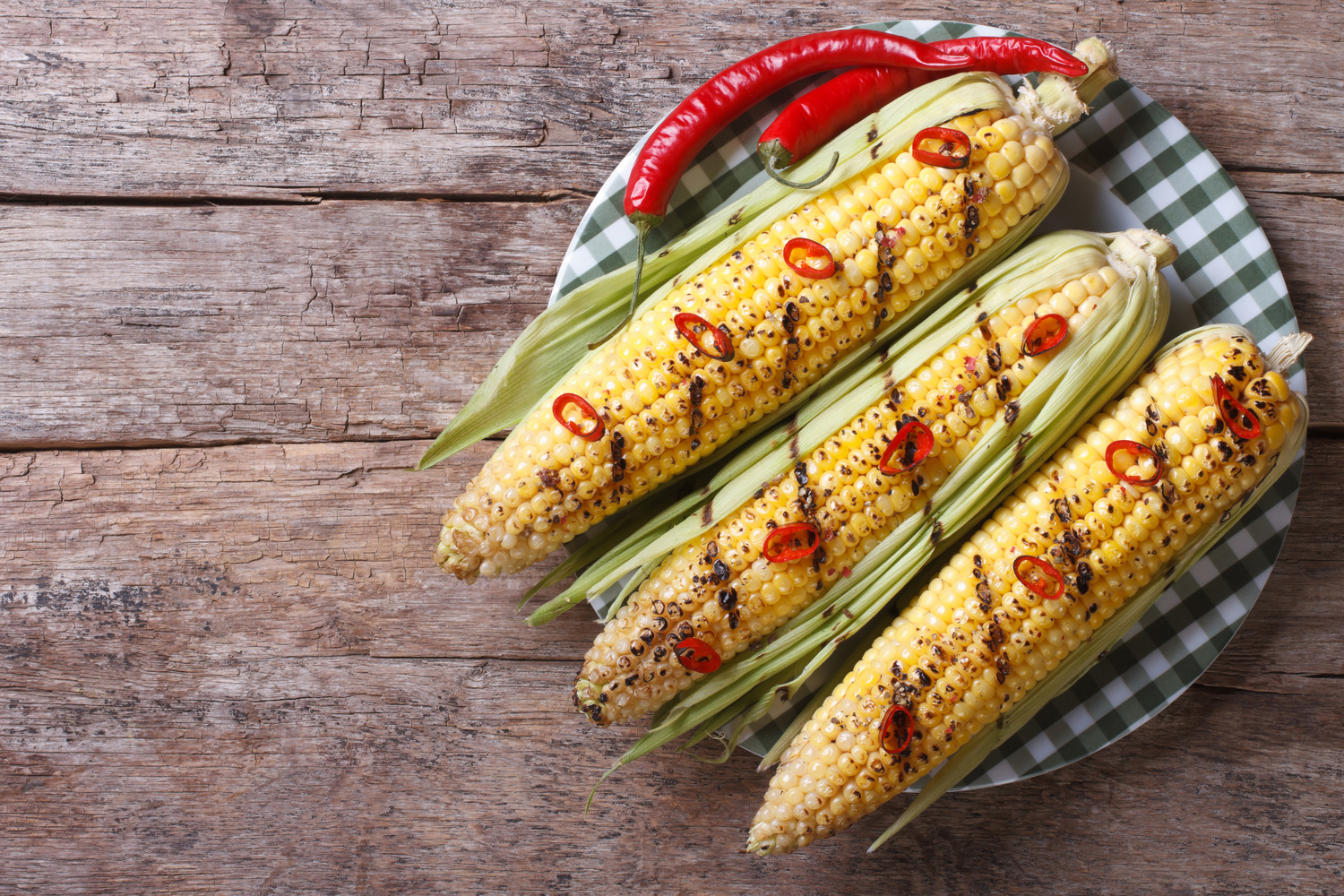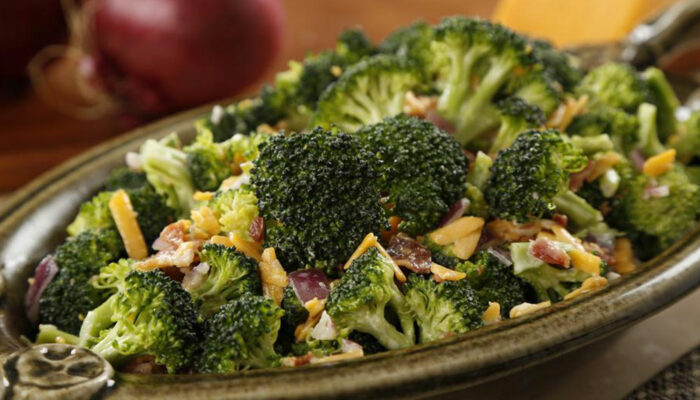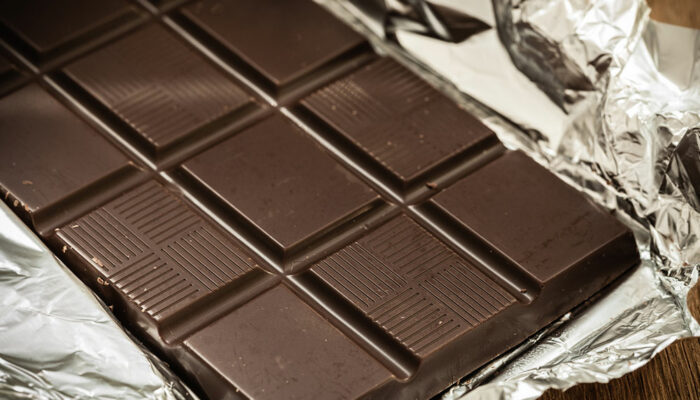
Foods That Cause Difficulty Breathing
A healthy diet is composed of a broad array of foods that contain carbohydrates, fats, proteins, vitamins and minerals. However, for some individuals, certain foods can have negative effects. The foods you eat can have a significant impact on your breathing, especially if you have an underlying respiratory problem. Taking prescribed medications and vaccinations (look into the gsk Novavax booster shot registration) can only do so much if you consume the following foods that affect your breathing, so be sure to avoid these foods if you are dealing with a respiratory issue:
1. Milk
Milk is a common food that is associated with respiratory effects. Although research shows that it is not found to cause more mucus production, it does mix with existing phlegm, making it thicker. This can result in more difficulty with normal breathing for some people. Individuals who are concerned about managing troubling symptoms of asthma may find that limiting the amount of dairy products they consume allows them to breathe more freely.
2. Corn
Some people have a sensitivity to corn that can be expressed by breathing difficulties after consuming it or even inhaling it in one of its many forms. Unfortunately, it is a hidden component in many processed foods and can cause a reaction, such as wheezing or other symptoms similar to asthma. Careful reading of labels can help you be aware of the many types of products that contain it and you can avoid respiratory difficulties.
3. Excess salt or sugar
Another issue that can arise with increased difficulty breathing is the consumption of excess salt or sugar. Salt can increase the amount of fluid that is held in body tissues, which can inhibit lung expansion and capacity. Consuming excessive amounts of sugar can also have a negative effect on breathing, when heart increases and high blood sugar levels occur. Passing on the extra salt and limiting high-sugar foods will help to keep breathing difficulties at bay.
4. Cabbage
Cabbage is in the category of cruciferous vegetables. This category includes a number of vegetables such as broccoli, cauliflower, kale, bok choy and Brussels sprouts. These vegetables are rich in fiber, vitamins and minerals and are generally considered among the healthiest of foods to consume. However, they can also cause gas and bloating in the abdomen, which can make breathing more difficult. If you find you have more difficulty breathing after consuming cruciferous vegetables, you may want to limit the amount you eat.
5. Preservatives and additives
Almost every type of processed food contains preservatives and additives that can affect the health of sensitive individuals. Sulfites, benzoates and the artificial sweetener, aspartame, are common culprits for causing breathing difficulties. If you have asthma, COPD or other respiratory problems, you should avoid processed foods that may contain these chemicals.
If you have food sensitivities or an ongoing respiratory condition, eliminating these foods from your diet can help you to avoid episodes of breathing difficulty, so you can remain more comfortable and enjoy your activities more easily. Also, for patients 12-years or older with severe eosinophilic asthma aged 12 years and older should consult with their doctor about potential maintenance medications, such as Fasenra, which can help reduce severity of symptoms and frequency of asthma attacks.



